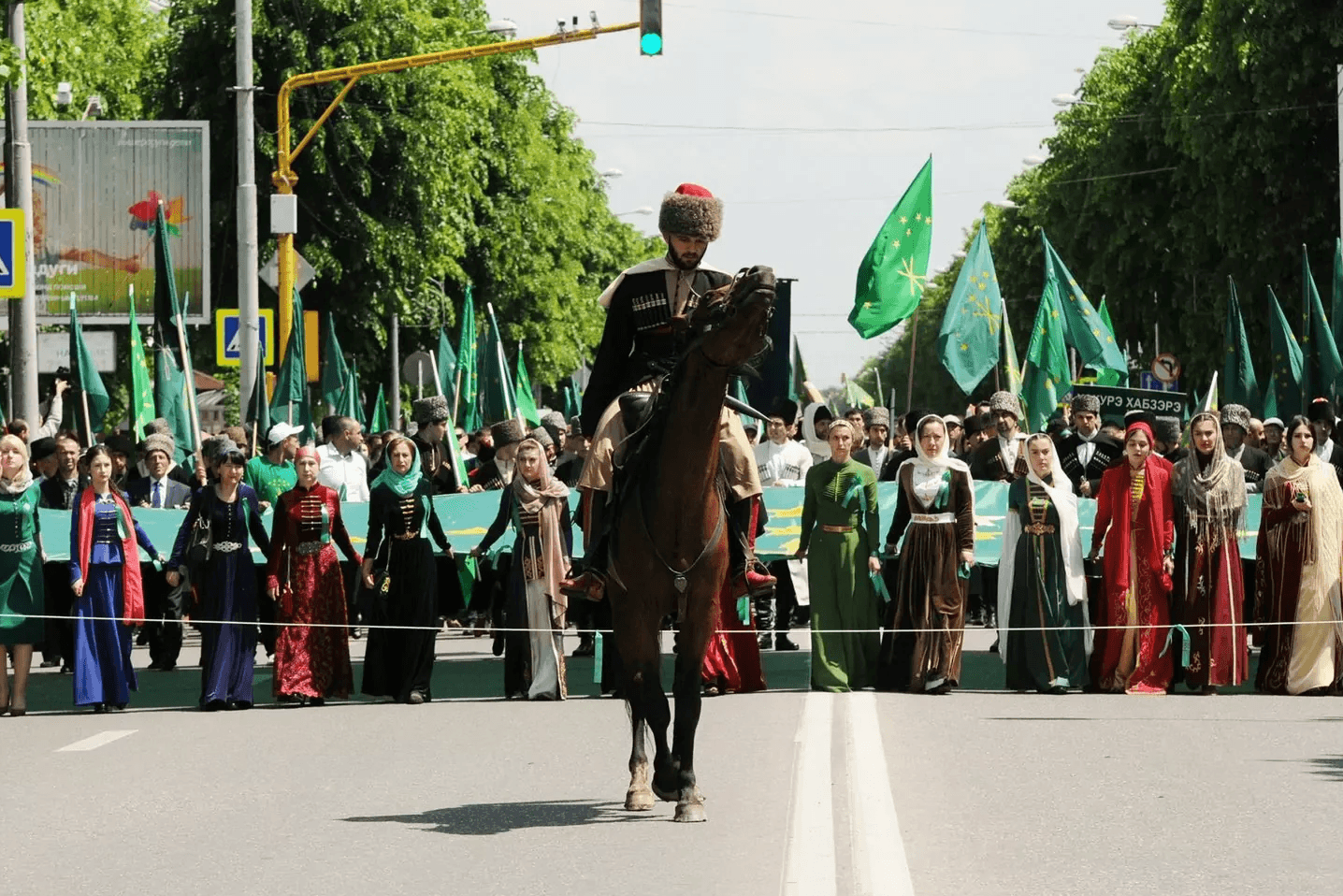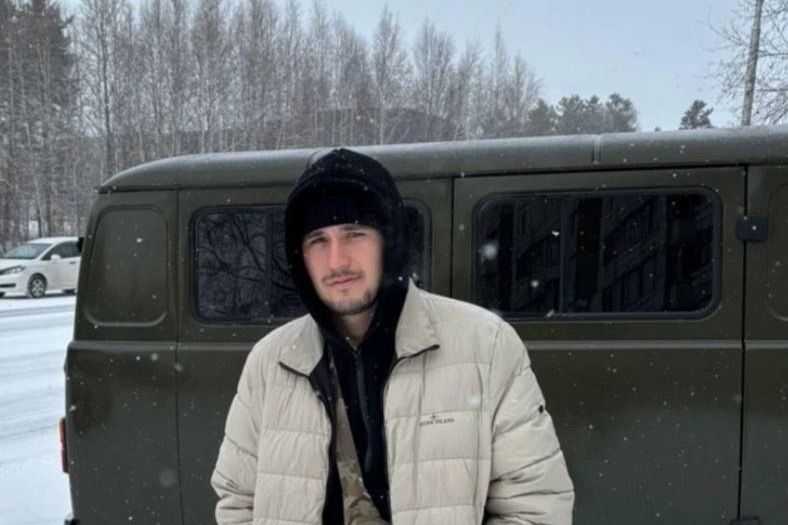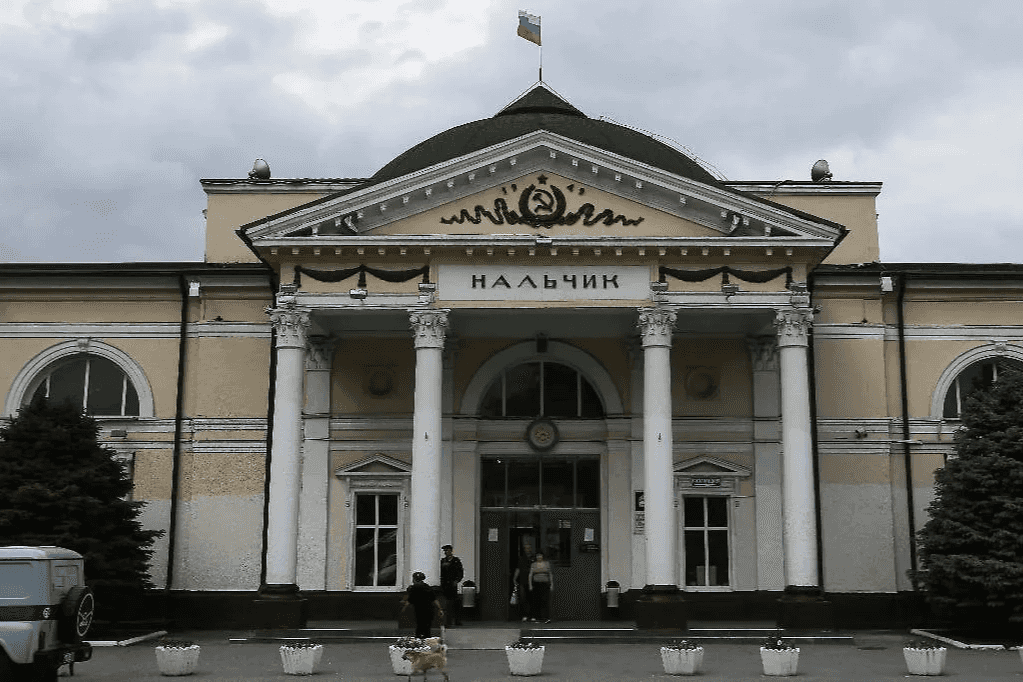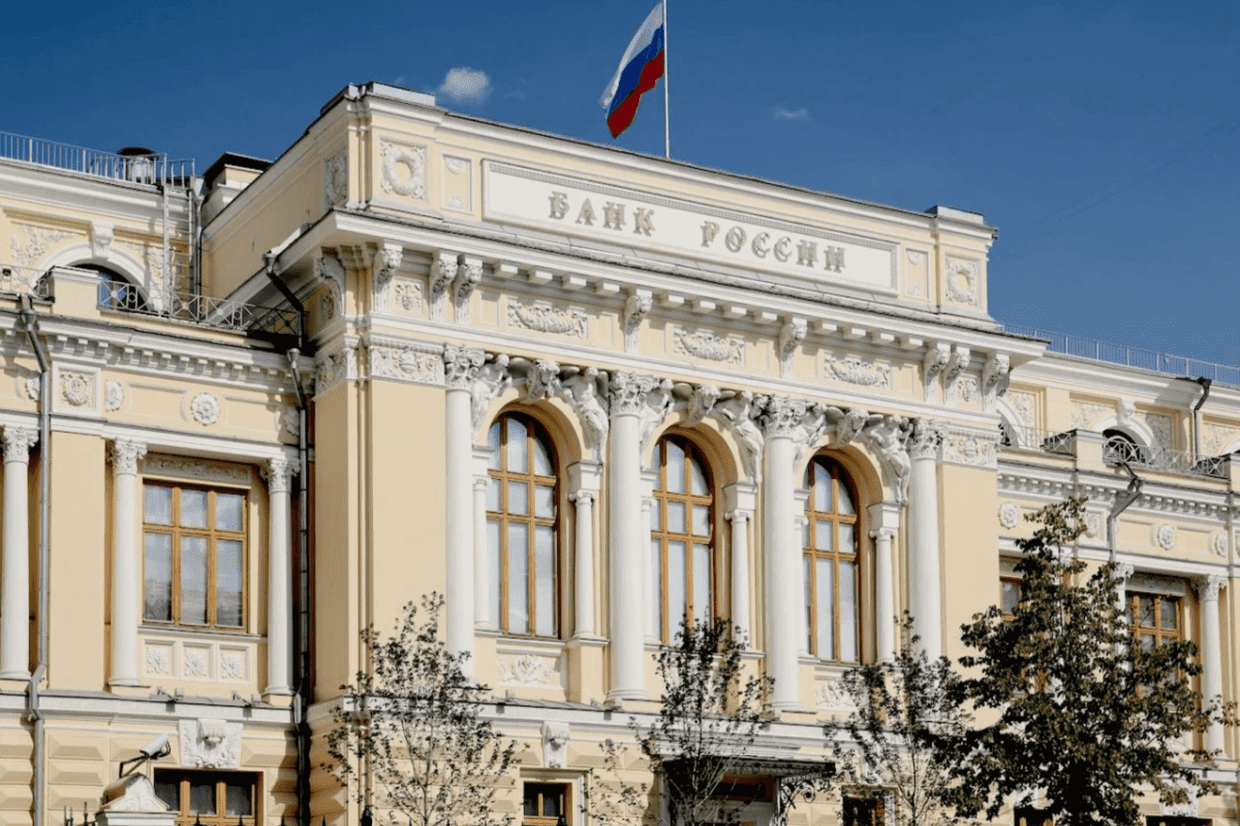Circassian Coordinating Council dissolved in Nalchik due to ‘obstruction’ by authorities

Nalchik City Court has granted a claim by the Ministry of Justice of Kabarda–Balkaria and officially dissolved the Coordinating Council of Circassian Public Organisations — a body that for 12 years raised pressing issues of concern to the Circassian community with the republic’s authorities.
According to the former head of the council, Aslan Beshto, members of the council decided to dissolve the organisation in the spring of 2025 after concluding that none of their initiatives had ever been implemented by local authorities.
Beshto told OC Media that the council had worked consistently on several issues, including demanding the installation of a monument to Kurgoko Atazhukin, a hero of the Kanzhal Battle and supreme prince of medieval Kabarda; the preservation of the Kabardian horse breed; the repatriation of Circassians; the protection of the Circassian people from public insults; border demarcation; and land disputes — notably a conflict between local authorities and residents of the villages of Volny Aul and Belaya Rechka. However, not a single initiative received any response from officials, even when, as in the case of the monument, a location for its installation had already been agreed upon.
‘Despite this mysterious and prolonged disregard for all our initiatives, we were never truly in open confrontation with officials — neither during formal meetings nor in private conversations,’ Beshto told OC Media.
He explained the mechanism of administrative obstruction: in Kabarda–Balkaria, applications for public events must be submitted in person to a designated official, rather than simply filed in writing as per federal law. Gaining access to these officials, however, is extremely difficult. In recent years, a new tactic has also emerged: so-called ‘loyal’ or proxy organisations submit competing applications for the same events and are inevitably approved. As a result, Circassian organisations are pushed aside and denied permission.
Beshto stressed that the council functioned as an intermediary between the public and the authorities, but that the lack of results rendered such a role meaningless.
‘Understanding the possible risks of our increasingly critical statements, I personally came to the conclusion that while one can take risks upon oneself, one should not endanger others who are part of the organisation. That is why I stepped down from my position about a year ago. The leader who was elected afterwards tried to continue the work. But eventually, members of the council concluded that it was no longer possible to continue operating within the legal framework,’ Beshto explained to OC Media.
The Coordinating Council of Circassian Public Organisations was registered in 2010. Its initial leaders — Zhelyabi Kalmykov, Zhantemir Gubachikov, and Muaed Chechenov — have since passed away.
At its peak, the council included between three and twelve organisations.
The court decision to dissolve the organisation was issued on 10 June. According to the court documents, the decision to cease operations was voluntary, initiated by the council’s own members.
The dissolution of the Council does not mark the end of the Circassian civic movement in the republic. Each of the organisations previously part of the council will continue their work independently and reassess how they engage with local authorities, Beshto noted.











